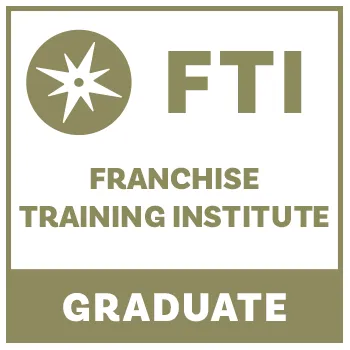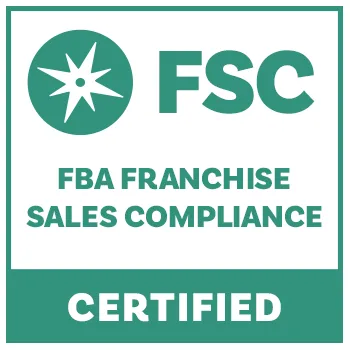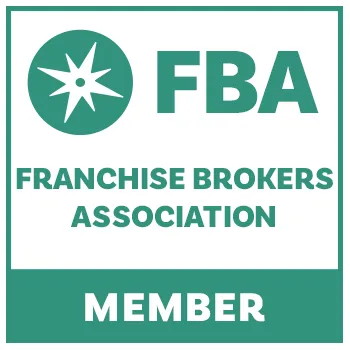Franchise Lighthouse
Find the Right Franchise Without the Guesswork
You deserve a business that fits your life, your goals, and your future. We guide you through the entire franchise journey with clarity, support, and one-on-one mentorship — and it never costs you anything.
SUPPORT

If You’re Feeling Overwhelmed, You’re Not Alone
Choosing a franchise can feel like trying to read a map in the dark. There are thousands of options. Everyone claims to be “the best.” And the fear of making the wrong choice is real.
You might be thinking, “I don’t know what questions to ask,” or “I don’t want to waste my savings.”
That’s exactly why people reach out to us.


A Clear, Guided Path to the Right Franchise
Franchise Lighthouse helps you replace confusion with confidence.
We learn your background, goals, lifestyle, and budget — then match you with franchises that actually fit.
And unlike most brokers, we stay with you even after you join the franchise. Need help during training? Want a second opinion? Looking for guidance in your first few months? You get personal mentorship at every step.
All at no cost to you. The franchisor pays our fee, not you.
MENTORSHI P
A Few Franchises We Work With




The Benefits of Working With A Franchise Broker

A Franchise That Fits Your Life
Most people say, “I want a business that actually fits my life.”
We match you to brands based on your goals, work style, and lifestyle — not hype or pressure.

Guidance You Can Trust
We walk with you through every step: introductions, due diligence, FDD understanding, territory insights, funding options, and validation calls.

Personal Mentorship
Your success doesn’t stop at the franchise award. We stay available to help you navigate training, early decisions, and the first stages of growth.

A Proven system
We are certified through the Franchise Brokers' Association, with YEARS of experience and partnerships with the TOP franchises.
There is no better place to meet the right franchise than through our system.

Trusted By Entrepreneurs Nationwide
We don’t use fabricated testimonials. Instead, our credibility comes from:
• Certified franchise training and compliance standards
• Access to hundreds of vetted brands across the U.S.
• A transparent, client-first process
• Partnerships with funding specialists, franchise attorneys, and demographic analysts
CONF IDENCE
Contact Us!



© Copyright 2025. Company Name. All rights reserved. Built by FORMALOGIC SYSTEMS
